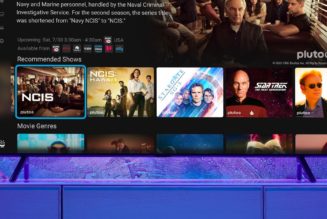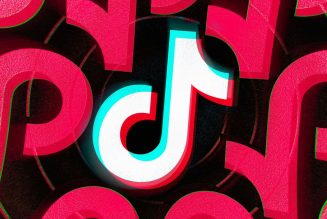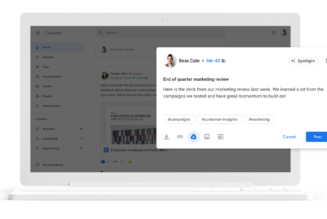
One perk of being an AT&T wireless subscriber was being able to stream HBO Max without that counting toward a customer’s data cap. That’s no longer the case.
California’s new net neutrality law includes banning sponsored data services, known as zero-rating, which previously allowed companies like AT&T to cover data usage of certain platforms (like HBO Max) for customers who use other offerings like internet plans. As part of the law, internet service providers like AT&T won’t be able to cover bundle customers’ streaming data usage alongside no longer being able to offer paid prioritization or play down service speed questions.
“We regret the inconvenience to customers caused by California’s new ‘net neutrality’ law,” the company wrote in a blog post. “Given that the Internet does not recognize state borders, the new law not only ends our ability to offer California customers such free data services but also similarly impacts our customers in states beyond California.”
While some representatives (and The Verge) see this as an absolute win, the telecom giants like AT&T feel differently. The companies tried to invoke a preliminary injunction in late February that would stop the bill from passing, but Judge John Mendez declined the request. AT&T called a state-by-state approach to net neutrality “unworkable” in the blog post today.
“We deliver the content and services our customers want because it’s what they demand, not because it’s mandated by regulation,” the blog post reads.
For AT&T specifically, promising that HBO Max subscribers who are also AT&T wireless customers could stream without worrying about hitting their data caps is a big deal. AT&T bought Time Warner in 2018 for $85 billion. The goal was always to launch what HBO Max became and integrate that vertically with its other businesses. AT&T wireless customers could sign up for HBO Max and stream without worrying about data caps, which might be a selling point for some customers who are looking to switch internet service providers and want to stream all the Friends in the world.
As AT&T tries to scale HBO Max’s subscriber base, the company is looking into any opportunity to get more people to stream and for longer periods of time. With a cheaper, ad-supported tier coming in June, any little extra “offer” can help the company sign up customers and potentially convince people to spend more time watching HBO Max instead of Netflix. Not enabling this type of corporate influence, however, is something that Barbara van Schewick, a law professor at Stanford University and the director of Stanford Law School’s Center for Internet and Society, celebrated in a blog post today.
“People should be free to choose which videos they want to watch — whether that’s Netflix, Twitch or their local church’s Sunday service, without the company they pay to get online trying to influence their choices,” van Schewick wrote, adding that AT&T is “trying to score political points against state net neutrality protections by lying to the public about the law and its effects.”
For AT&T customers, this means that streaming HBO Max will start counting toward your data cap. But it also means that it’s slightly more difficult for AT&T to influence customers into using more of their products.










